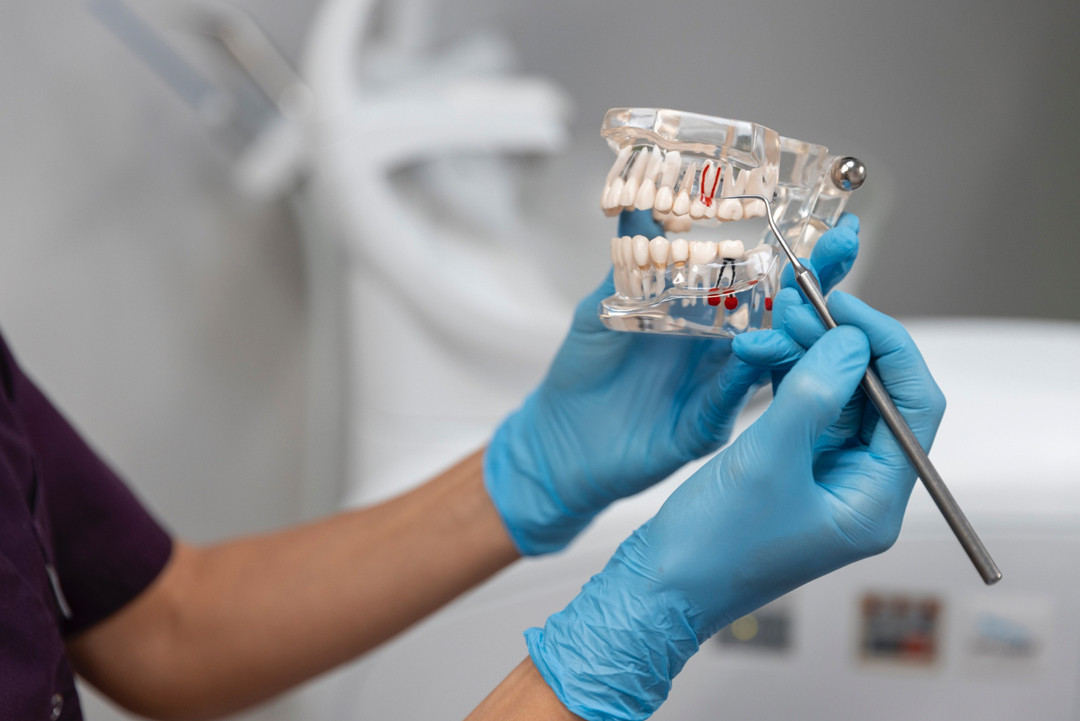Algology: Specialized Pain Management
What is Algology?
Algology focuses on diagnosing and treating chronic, long-lasting, and complex pain that cannot be resolved through standard medical approaches. Algologists are highly trained doctors specializing in pain management. After completing six years of medical education, aspiring algologists must specialize in fields such as neurology, physical medicine and rehabilitation, or anesthesiology (a process lasting 4-5 years) before pursuing an additional two years of training in algology.
Key Role of Algology
Algologists play a critical role in identifying the root cause of chronic pain—defined as pain persisting for over three months. This pain can stem from various conditions, including arthritis, nerve damage, or cancer. To pinpoint the cause, algologists use a range of diagnostic tools such as physical examinations, imaging techniques, and nerve conduction studies.
Once the source is determined, a personalized treatment plan is developed, which may include medications, physical therapy, and lifestyle adjustments to alleviate pain effectively.
Common Conditions Requiring Algology Treatment
Chronic pain is a significant symptom in numerous diseases, impacting individuals of all ages and genders. Algology departments commonly address the following types of pain:
- Neuropathic Pain from Diabetes: Prolonged high blood sugar levels can damage nerve fibers, causing severe neuropathic pain. While nerve damage may not be entirely reversible, treatments offered by algology specialists can significantly reduce pain.
- Pain from Atherosclerosis: Blocked arteries caused by conditions like diabetes, hypertension, or high cholesterol can lead to pain in areas where blood flow is restricted. In cases of severe vascular occlusion or unmanageable pain, algology units provide specialized care.
- Cancer-Related Pain: Managing cancer pain, particularly in advanced stages, is a priority for algologists working with oncology specialists. Pain relief is often achieved through carefully administered opioid treatments.
- Chronic Headache and Facial Pain: Conditions such as migraines, tension headaches, trigeminal neuralgia, and spine-related issues contribute to chronic pain in this category.
- Shoulder, Arm, and Neck Pain: Often caused by spine-related issues like herniated discs, these pains may require interventions from algology specialists when medication and physical therapy prove insufficient.
- Back and Chest Pain: Chronic pain in these areas can originate from muscles, ribs, the spine, or internal organs. Patients experiencing persistent pain (lasting over six months) are referred to algology units.
- Lower Back and Leg Pain: Issues like sciatica, herniated discs, or degenerative spine conditions are primary sources of chronic pain in these regions.
- Abdominal and Groin Pain: Pain in these areas may stem from nerve compression in abdominal muscles or referred pain from other regions like the back or abdomen.
- Pain of Unknown Origin: When the cause of chronic pain remains elusive, algologists use advanced imaging and interventional techniques to identify and address nerve-related pain sources.
Common Treatments in Algology
When planning pain management, algologists consider the pain type, intensity, underlying conditions, and potential side effects. Common treatment methods include:
- Medications:
- Over-the-counter pain relievers
- Opioids
- Nonsteroidal anti-inflammatory drugs (NSAIDs)
- Antidepressants
- Corticosteroids
- Radiofrequency Techniques:
- Radiofrequency Thermocoagulation (RFT): Uses high-frequency electric currents to deactivate pain-causing nerves by creating controlled lesions.
- Pulsed Radiofrequency (PRF) and Cooled Radiofrequency (CRF): Innovative methods offering long-lasting pain relief.
- Nerve-Root Blocking: A technique involving local anesthetics and steroid injections to block nerve roots responsible for pain.
- Spinal Cord Stimulation: Spinal cord stimulators (or “batteries”) are implanted to manage severe neuropathic pain, particularly in cases unresponsive to morphine.
- Injections: For conditions like herniated discs that do not yet require surgery, pain can be alleviated through local anesthetic or steroid injections.
Algology provides essential support for individuals dealing with chronic pain, enhancing their quality of life and enabling effective management of complex pain conditions.


















